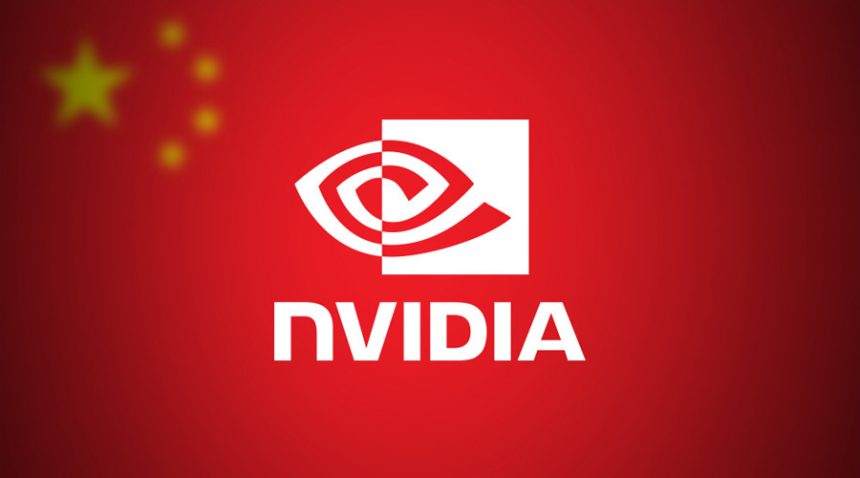Nvidia facing challenges that could reshape its operations and the broader tech landscape
The imposition of new tariffs by the United States on Chinese imports has intensified tensions between the two nations, significantly impacting the artificial intelligence (AI) and semiconductor industries. Nvidia, a leading American chipmaker, finds itself at the center of this dispute, facing challenges that could reshape its operations and the broader tech landscape.
Escalation of Trade Tensions
In a strategic shift from traditional sanctions, the U.S. administration has implemented a 10% tariff on Chinese imports, aiming to leverage economic power more effectively. This move marks a departure from previous policies, reflecting a belief that tariffs can strengthen the global role of the dollar and exert greater influence over international trade dynamics.
China’s Retaliatory Measures
In response, China has announced 15% tariffs on U.S. coal and liquefied natural gas, and 10% on crude oil, farm equipment, vehicles, and trucks. Additionally, China has initiated an antitrust investigation into Google and is scrutinizing major chipmakers like Nvidia and Intel, considering formal investigations. These actions are perceived as direct retaliations against the U.S. tariffs, signaling a deepening trade conflict.
Impact on Nvidia and the Semiconductor Industry
The tariffs have immediate implications for Nvidia, whose stock experienced a decline following the announcement. The company’s significant exposure to the Chinese market makes it vulnerable to increased costs and potential supply chain disruptions. The semiconductor industry at large faces uncertainty, with concerns over the stability of supply chains and the potential for increased production costs due to the tariffs.
Strategic Responses and Industry Implications
In light of these developments, Nvidia’s CEO, Jensen Huang, has engaged with U.S. officials to discuss the implications of the tariffs and explore potential strategies to mitigate adverse effects. The outcome of these discussions remains uncertain, but they underscore the high stakes involved for major tech companies amid escalating trade tensions.
Broader Implications for AI and Technology Sectors
The escalating trade dispute has broader implications for the AI and technology sectors. Companies are grappling with increased operational costs, supply chain uncertainties, and the potential for restricted access to critical markets. The situation underscores the interconnectedness of global tech industries and the far-reaching impact of geopolitical decisions on innovation and market dynamics.
The new tariffs imposed by the U.S. and the subsequent retaliatory measures by China have created a complex and challenging environment for Nvidia and the broader AI and semiconductor industries. As the situation evolves, companies will need to navigate these challenges strategically, balancing the demands of global trade with the imperatives of innovation and market competitiveness.






